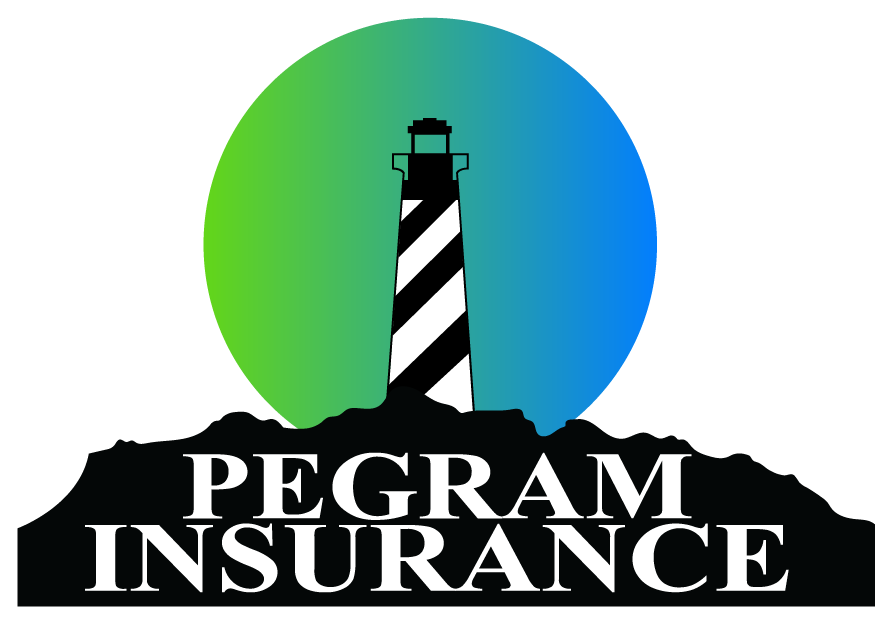
As more and more states are legalizing marijuana and marijuana related products, cannabis and hemp insurance is a growing need for many businesses. I will discuss the different policy types for these different business types in this industry.
The cannabis industry will still continue to grow as more US states begin to legalize it’s use. As of this writing, only 4 states still hold a status of being fully illegal. They include South Carolina, Kansas, Wyoming, and Idaho. Two states have decriminalized it’s use including North Carolina and Nebraska, but have not legalized it in any other form. Others have approved use for CBD, medicinal use, or have fully legalized it.
There will likely be a time in the near future when federal legalization occurs which will completely open up this industry. In the meantime, some states will start slow with allowing CBD and medical marijuana before going on to fully legalize it’s use. Either way, insurance companies have readied themselves to offer businesses the kind of protection they need.
Some Common Cannabis Businesses Needing Insurance
- Growing and Harvesting Centers
- Liquid and Pill Processing Plants
- Retail Sale Stores
- Dispensaries
- Edible Product Manufacturers
- Bakeries
There are several insurance coverage types to consider if you are in any of these or similar industries. I will discuss the most common types and what types of losses would be covered. You may only need some of these depending on your specific business type.
Types of Cannabis Insurance Policies
General Liability
General liability insurance is the most common type of coverage for business insurance. This covers any bodily injury or property damage due to your negligence. Most of the time you can add property insurance to this type of policy. That can cover all of your business personal property and equipment.
Crop Insurance
Cannabis and hemp cultivators have to worry about various weather perils that can cause damage to their crop. If any of these events occur, then the business will be left without any products to sell. It is imperative that you have crop insurance if you will be growing or harvesting cannabis. One loss can wipe out your business entirely.
Some common types of weather perils covered under parametric crop insurance include the following:
- Wind
- Hail
- Drought
- Frost
- Wildfire
- Tornado
- Excessive Rain
Cyber Liability
Cyber liability is one of the fastest growing types of insurance policies for most businesses. It seems we can’t go a month without hearing of some major business having a cyber situation occur. You don’t hear about the small businesses but they are the ones who are more likely to have a cyber event.
Workers Compensation
Workers compensation insurance covers employees from workplace accidents and illnesses.
Some common employees in the cannabis industry include:
- Cultivators
- Processors
- Manufacturers
- Dispensary employees
- Testing labs
- Retail Sales Associates
Product Liability
Product liability covers a business who sells a defective product. The loss could be due to bodily injury or property damage as a direct result of the defective product. It could also cover claims made against a product’s effectiveness.
This type of insurance policy can cover the the claimant’s medical bills, judgements made against the business to the claimant, and any legal fees incurred to defend the business.
Cargo Insurance
Cargo insurance covers your product while it is in delivery. Cargo can cover things such as theft and damage. If you aren’t hauling your own products, you will want to make sure that the company you contracted out to do so has this type of coverage so you will be protected. You will also want to make sure that their cargo policy covers the types of products they are hauling for you. Cannabis items are often excluded on many cargo insurance policies.
Excess Liability
Excess liability, often referred to as umbrella liability, covers above and beyond where any of the company’s underlying policies leave off. If you purchase this policy type, you will want to make sure of two things when putting it in place.
- The excess liability policy shows which underlying policies it is over top of. Make sure all of the policies you want excess coverage for are picked up under this policy.
- Make sure you have the correct underlying policy limits as required by the excess liability policy. You must meet certain minimum limits on your other policies for your excess policy to kick in and pick up where they leave off.
I hope this article has helped give a glimpse into the world of cannabis business insurance and what types of policies are important to cover businesses in the marijuana industry. Many insurance companies haven’t kept up with the demand in protecting these business types. You want to make sure you are with an agency that can help you cover any gaps in insurance and explain the various types offered. Please feel free to reach out to an agent at 704-494-9495 with any questions.
Contact Us!
For quotes or questions, fill out the form below and one of our agents will be in touch shortly!




